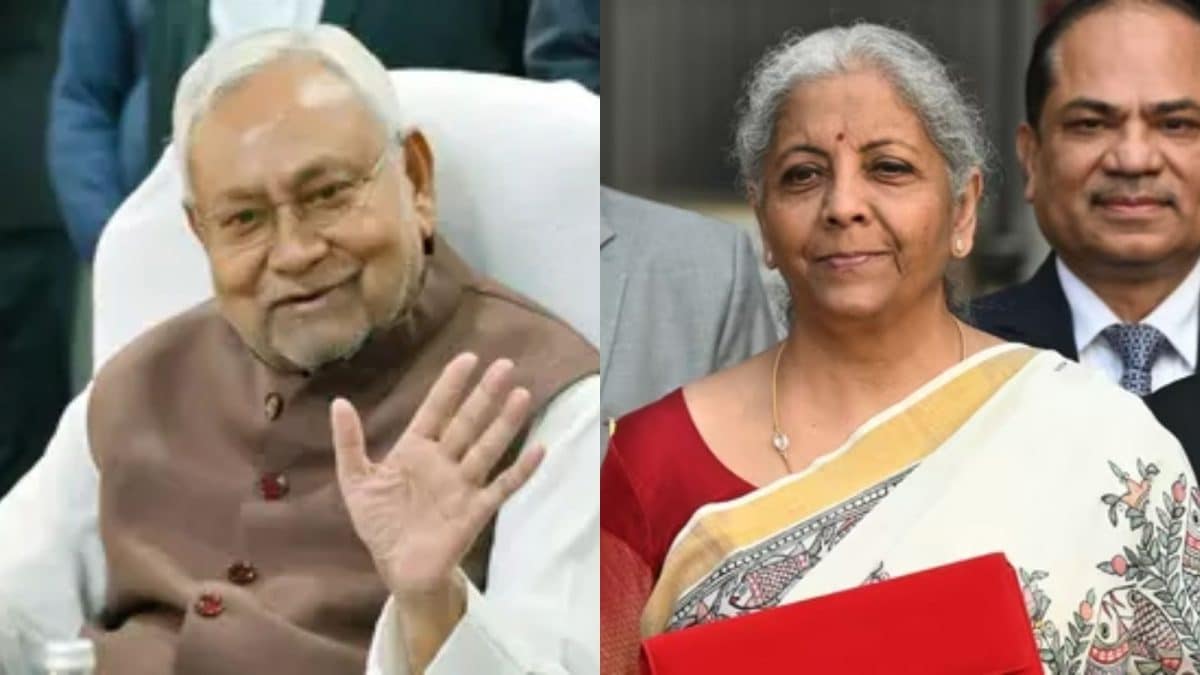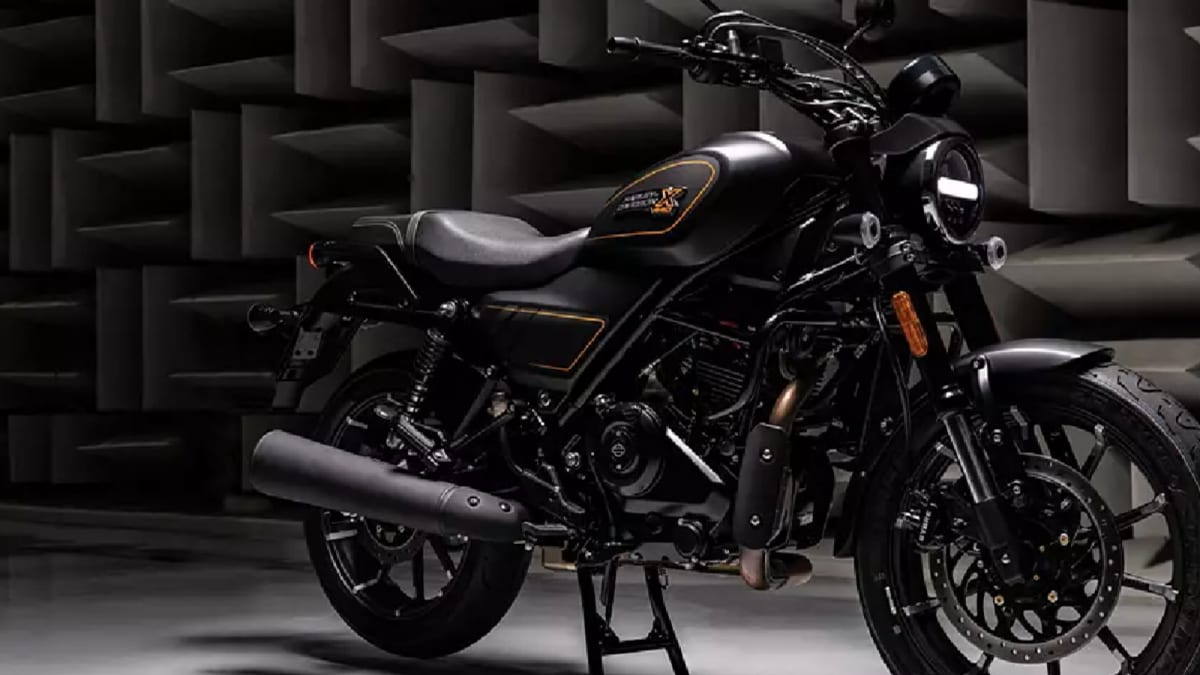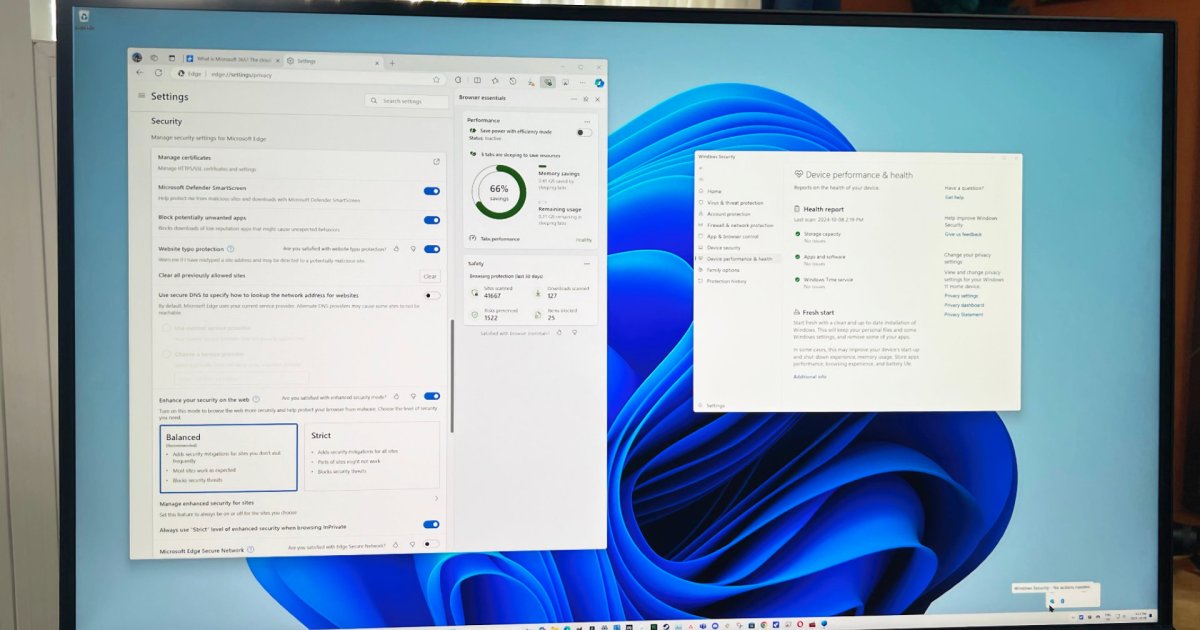The move comes as major trading nations in North America, Asia and Europe, among others, express concern that Beijing is trying to export its way out of its own economic difficulties by shipping goods overseas at fire-sale prices.
In June, Trudeau’s government initiated a 30-day consultation period on the proposed tariffs. Canadian Deputy Prime Minister Chrystia Freeland has called Chinese policies a strategy by Chinese companies that would create excess capacity worldwide and undermine the Canadian EV industry.
“I think we all know that China is not playing by the same rules,” Trudeau said. “What is important about this is we’re doing it in alignment and in parallel with other economies around the world.”
Canada’s actions follow moves by the United States and the European Union to impose similarly high import tariffs on Chinese EVs.
US National Security Adviser Jake Sullivan reportedly encouraged Canada on Sunday to follow suit during a meeting with Trudeau and cabinet ministers at the Halifax retreat.
Chinese leaders are also expected to raise tariff issues, the official Xinhua news agency reported.
“For years the Chinese government has poured state money to Chinese companies across a whole range of industries … pushing Chinese companies to produce far more than the rest of the world can absorb,” Biden said at the time. “The future of electric vehicles will be made in America by union workers.”
Products by the China-based SAIC Motor Corporation face additional duties of 36.3 per cent, while Geely Automobile Holdings and BYD Company each face tariffs of 19.3 per cent and 17 per cent, respectively, according to a draft decision released earlier this month. Tesla Inc will see a 9 per cent added charge on its vehicles made in China.
Freeland has voiced support for an integrated allied approach to Chinese oversupply and pledged that Canada would not become a dumping ground for underpriced Chinese exports.
The Chinese embassy in Ottawa did not immediately respond to a request for comment. But Chinese officials say their efficient production keeps prices low and helps bolster the transition to a green economy.
A working paper by the International Monetary Fund released on Monday found that China’s industrial subsidies have helped boost its exports, even as they suppressed imports of equivalent products from advanced markets.
“China is the largest user of subsidies measured by the number of policy interventions. By 2022 there were approximately 5,400 subsidy policies introduced since 2009 and in force in China,” the IMF report stated.
The authors found the subsidies to be highly concentrated over the 13-year period, with 20 per cent of the sectors receiving more than half of the subsidies, specifically hi-tech goods like solar panels, batteries and electric vehicles during the second half of the period.
Chinese exports of subsidised products to other Group of 20 countries were 2.1 per cent higher after the subsidy, the IMF found. For those within the electrical machinery sector, they were over three times that amount.
The report is likely to fuel Western arguments that China is trying to become more self-sufficient even as it grabs a bigger share of global value chains.
Last year, European Commission President Ursula von der Leyen accused Beijing of making “China less dependent on the world and the world more dependent on China”.
In some industries – including metals, autos and furniture products – Beijing’s subsidies reportedly boosted export volumes while lowering prices, fuelling more criticism of Chinese mercantilism.
But for other controversial items like lithium batteries and solar panels, direct subsidies saw export prices and quantities both rise, the paper found.


.jpg?itok=Qexy_wA0)





